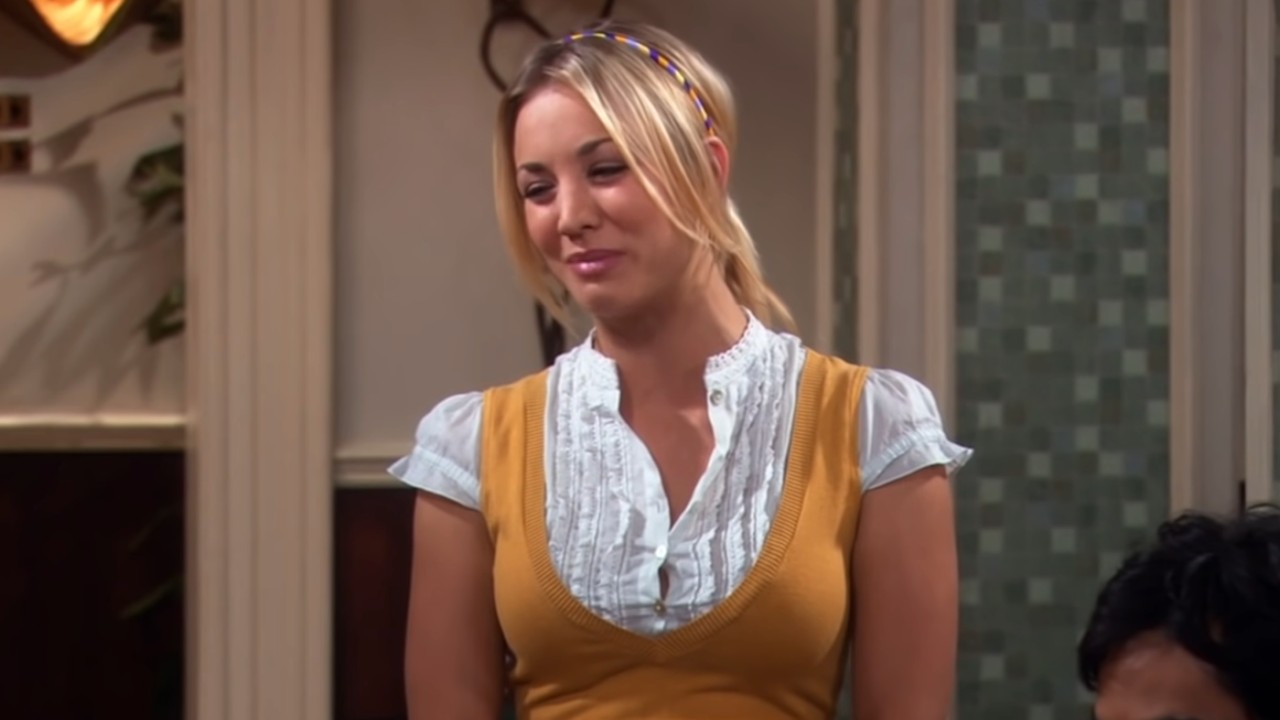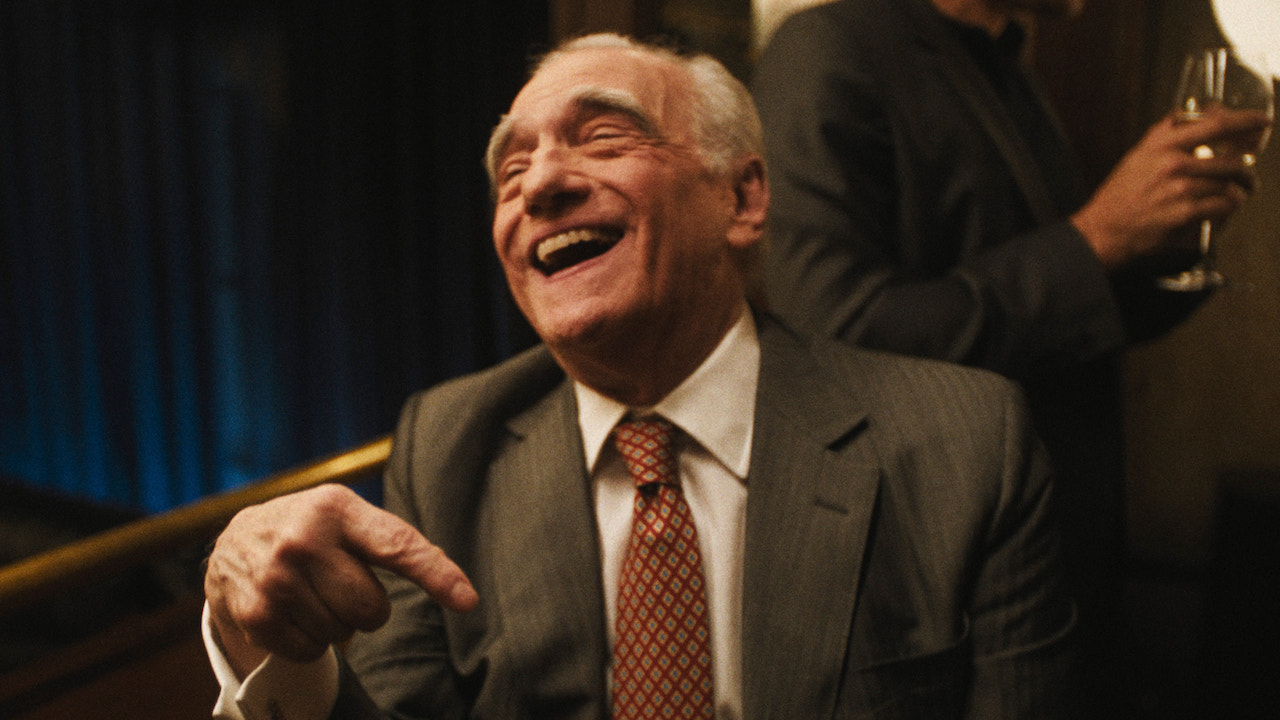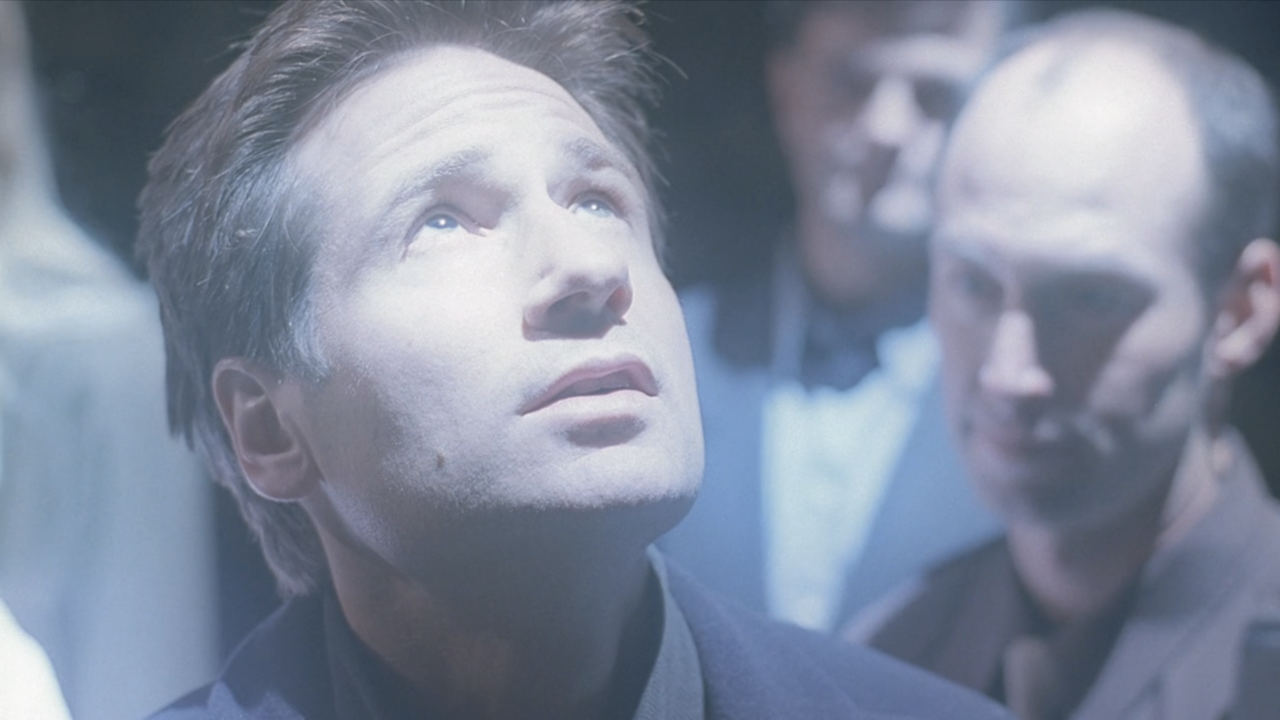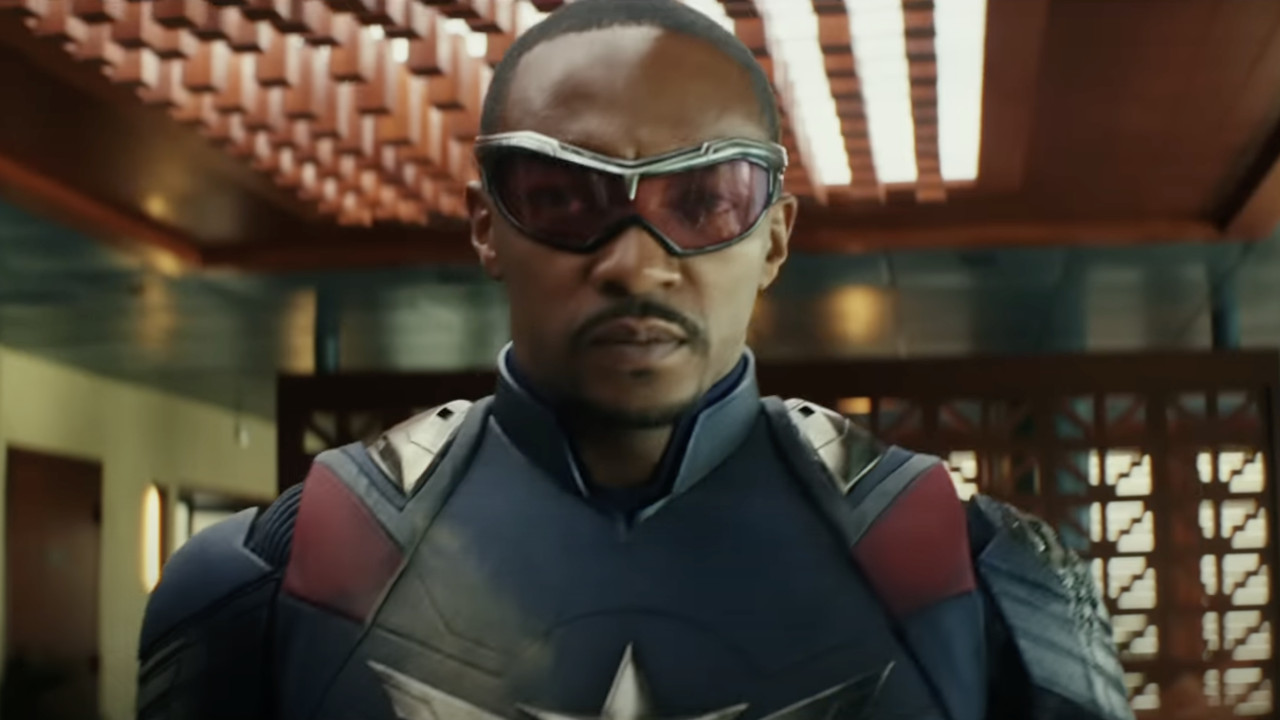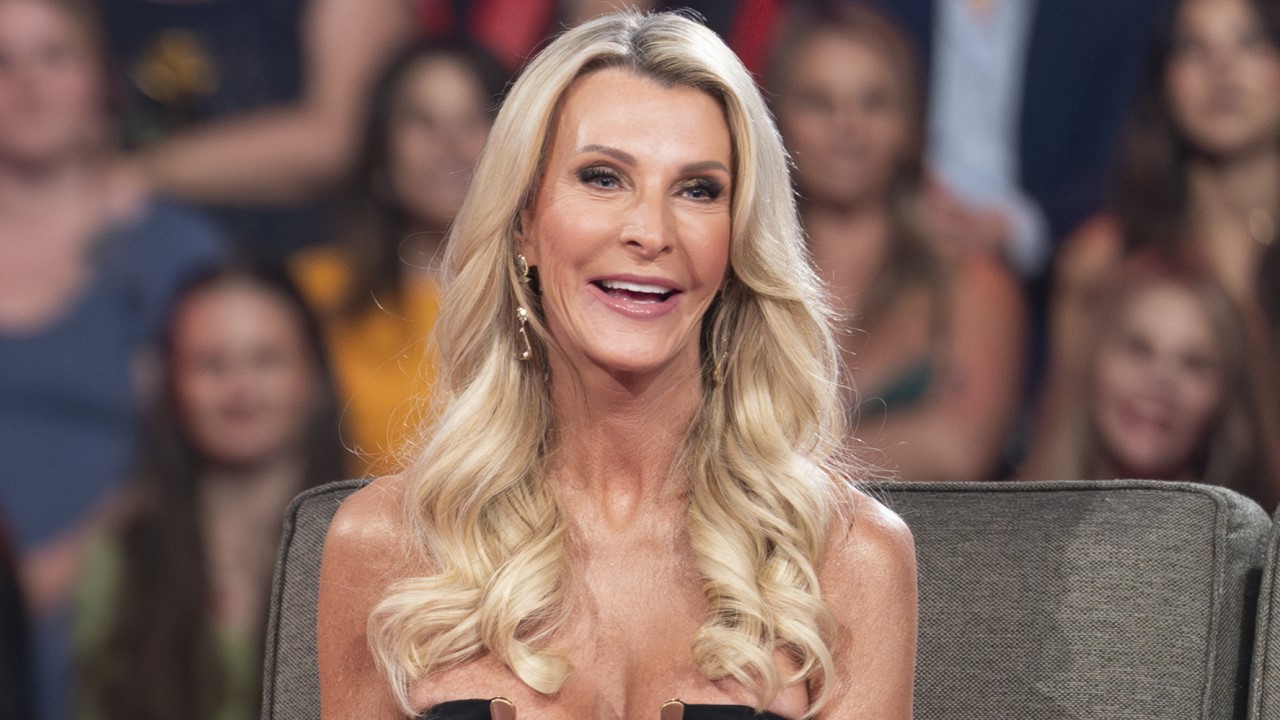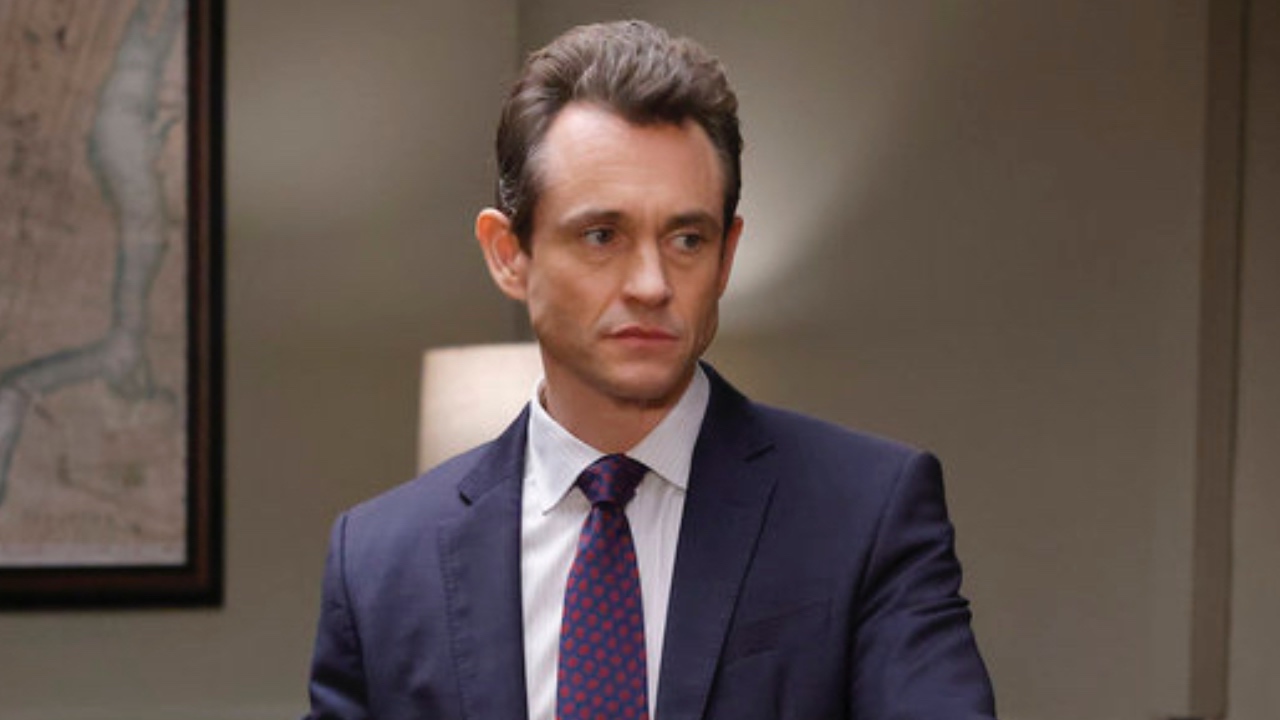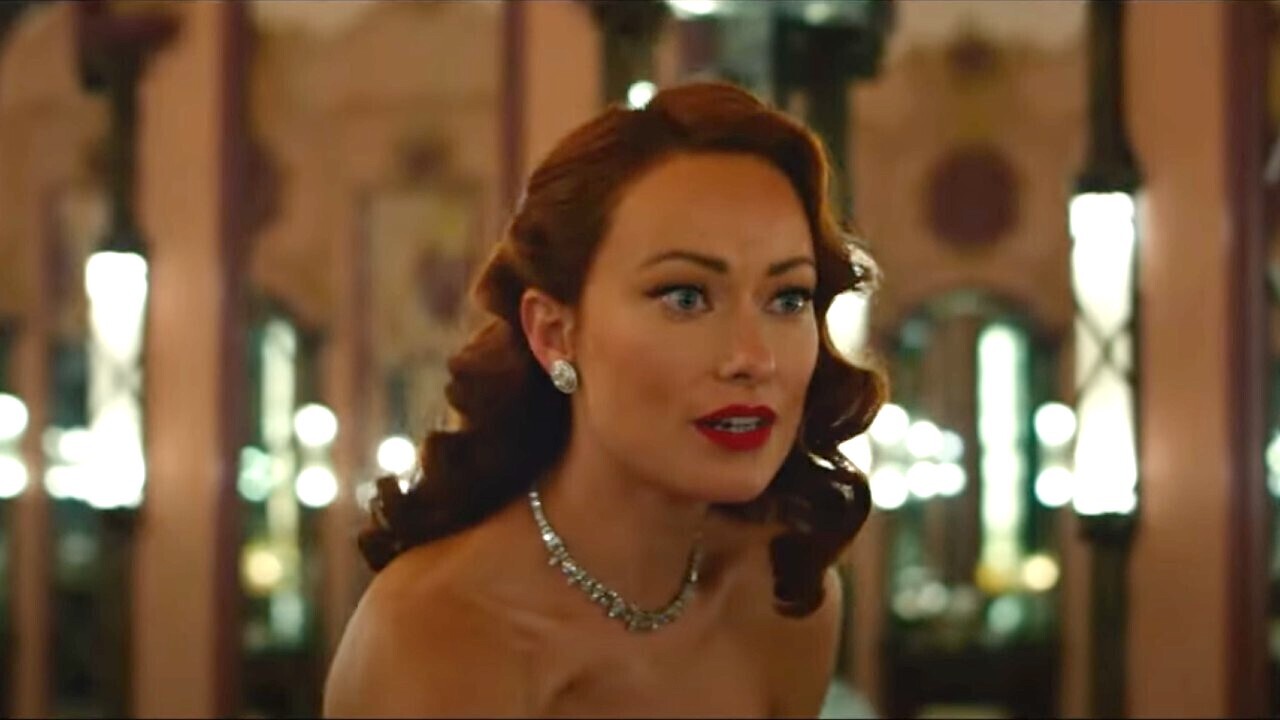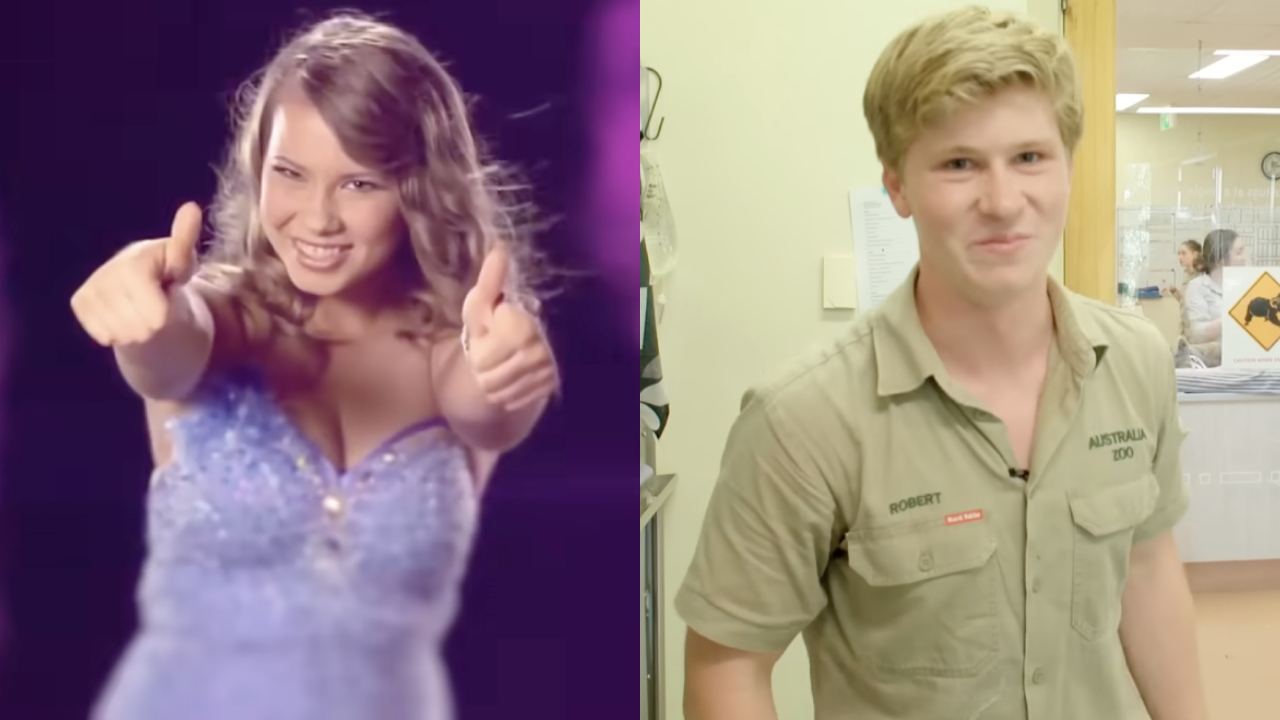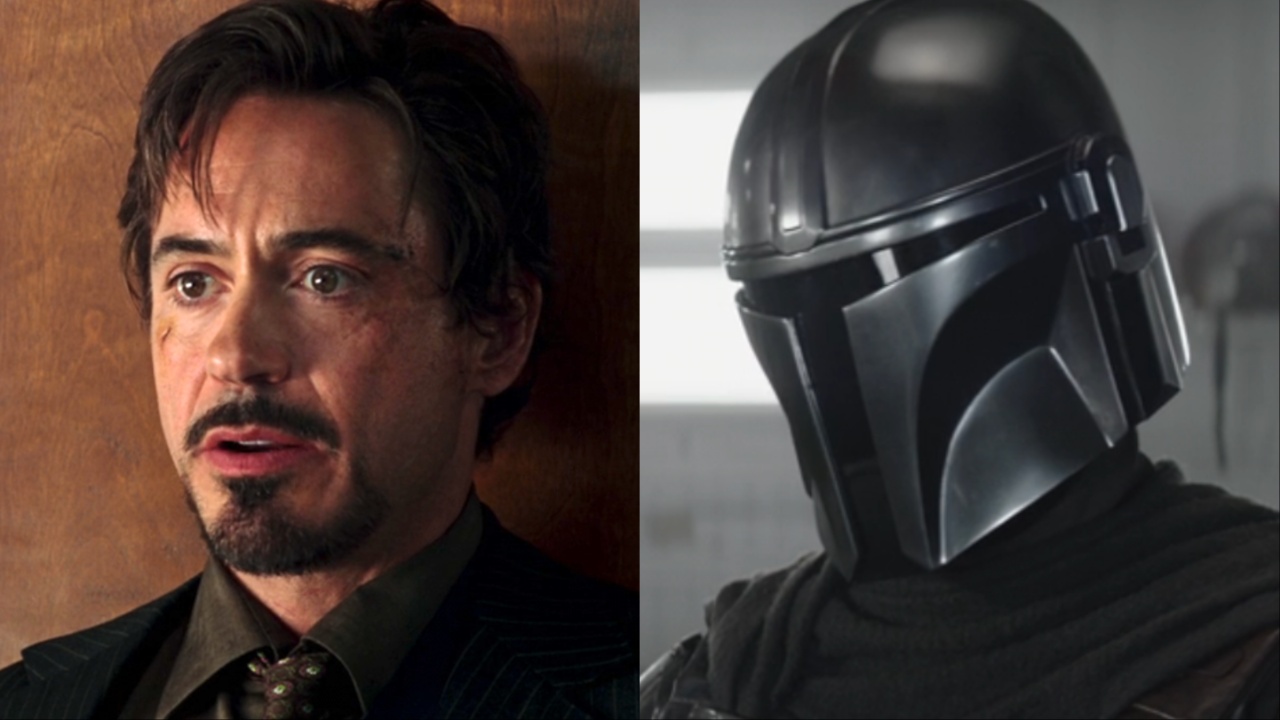Director Alex Kurtzman Talks About The Deeply Personal People Like Us
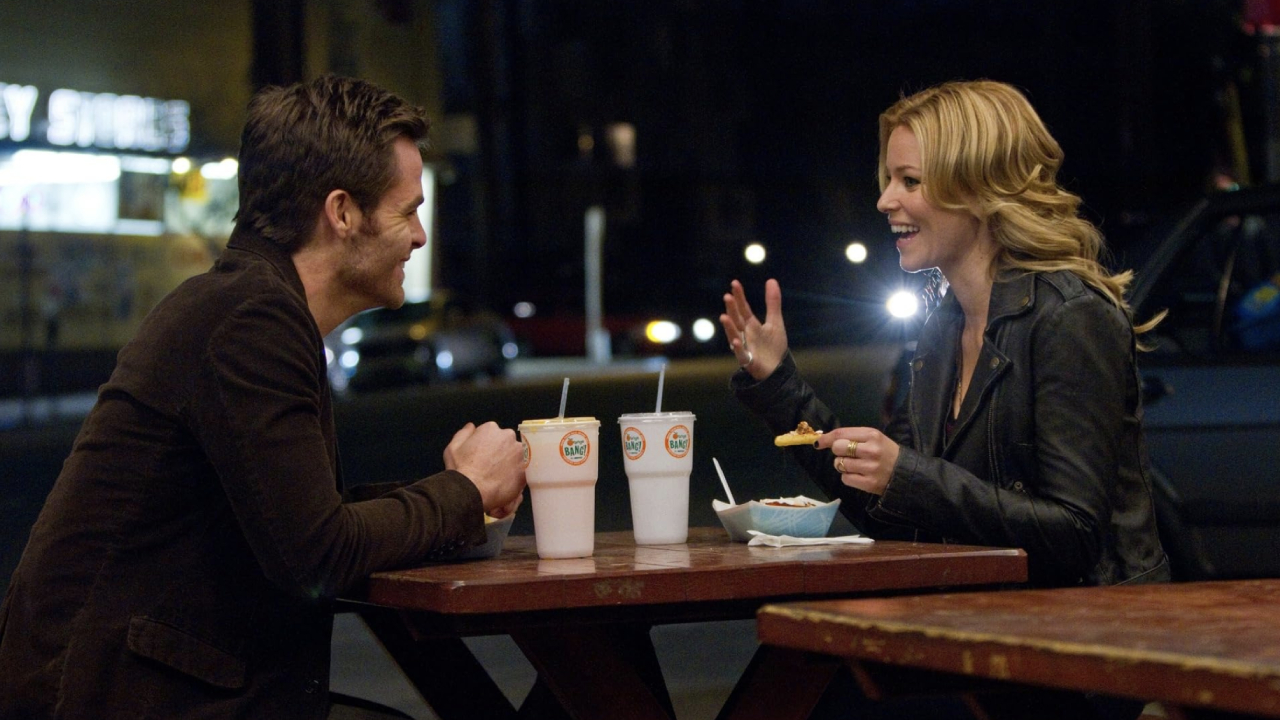
People Like Us was a labor of love for writer/director Alex Kurtzman. In development for eight years, the film is based on his own experience and is a deeply personal story. But for a filmmaker this can be a double-edged sword. The passion drives the project forward, but how do stop yourself from being too stringent and inflexible about the material? For Kurtzman it’s about not being beholden to the words themselves, but instead their spirit.
I recently had the chance to sit down one-on-one with the director to talk about his new film, which arrives in theaters tomorrow. Check out our conversation below in which Kurtzman talks about the element that helped him finally crack the story, the experience working with Chris Pine, how his sci-fi/action past affected the progress of this film, and what it’s been like to work with Benedict Cumberbatch on the upcoming Star Trek sequel.
This is such a personal story for you, so I’m curious about when you decided that the story could be a movie and when you decided that you wanted it to be a movie.
Maybe I’m a masochist in that I sort of have to wring myself completely and work through stuff in the writing, but I wouldn’t be the first writer or songwriter or filmmaker to say that’s how they work out their fits [laughs]. Honestly, I began this journey with no expectation that it would ever become a reality. I just knew that I had to write it, and it was wrong a lot longer than it was right storywise. We went down a lot of wrong roads with the script, that’s why I took eight years to do it. It’s about separating truth from fiction and figuring out what to keep from myself and what to invent without betraying the authenticity of the experience. And it took time. It was one of those things. It just took time. And while it’s wildly different from everything else that we’ve done, because usually there’s a clock ticking, like, “The movie is coming out on this date, you better have a script by this date!” This was a total labor of love. You’re only writing it for you, there’s nobody there waiting for the script, and the only thing that’s going to define whether or not it’s right is whether or not it’s right [laughs]. You know? And finally after eight years I think we felt like we had cracked the nut and it took that long.
Was there one particular thing that you found and were like, “That’s it! That’s what this needed!”?
Yes, there absolutely was. Around year six or seven I felt that we had the architecture right, but I did not hear Sam fully. I didn’t hear him 100%. I heard Frankie instantly, I could not hear Sam right away. And I kept trying to plug different jobs into Sam’s background and none of them worked. They were all, actually, quite awful.
What kind of jobs?
CINEMABLEND NEWSLETTER
Your Daily Blend of Entertainment News
Well at first he inherited his father’s deli, which was a disaster. And then he was a club promoter, which was an even bigger disaster, and then he was a radio engineer, a sound engineer, that was terrible. It was all terrible. And I think at one point he played the piano at the bottom of Bloomingdales, next to the escalator. Literally everything was a convention, it felt like a gimmick. And so I had this feeling that while the architecture of the story was right the character just wasn’t believable on some fundamental level. And I was out to dinner with a friend of mine, who is a great screenwriter, and he was telling me that he was in the barter business before he was a writer. And I was like, “What’s the barter business?” And the minute I heard the pitch, I was like, “Give me an example,” and boom! I get it, I understand it. That’s Sam, that’s how he lives, and it made sense to me that a character, a guy like this who had grown up in a house of lies, who really was raised to lie to protect himself, would then go into work where you had to sell air and that your livelihood is dependent on your ability to bullshit. So the minute I heard that I knew who he was, I knew how he would behave in scenes, I knew that when the mom said, “Why aren’t you staying?” he would invent a story about soccer balls in the Sudan. I got it. But that wasn’t until year seven.
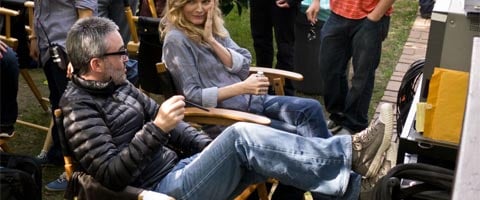
And how much did the casting of Chris Pine affect the character?
Hugely. The character was very much written like that and that’s what Chris responded to, but we just played around a lot with…with a movie like this you’re always calibrating. You want to make his arc believable because he starts as a guy who is so allergic to the truth that if he gets there too fast then you don’t buy it. So a lot of it with Chris, Chris would say like, “I think we just need to say less here. Let me play more of it.” And he was always right. We would adjust scenes together and he was so smart – all of them were so smart. They would ask these great questions about who their character was, their backstory. For example, when Chris walks into that kitchen at the beginning it’s totally fraught with something. They have to know exactly why, whereas you, the audience, are going, “What is going on here?” And it was that kind of invention of backstory.
When it comes to working with the actors in this story that’s so personal, that’s such a labor of love, how do you avoid being completely beholden to the material and let the actors have input into the story and their characters?
I really don’t look at it that way. After eight years part of what I learned is like the onion analogy: the more you peel back the layers the more there’s something else there. And just because we were eight years in and happening I still felt very committed to wanting to make sure that we were really digging as deep as we could in every scene for everything that we needed to get out of it. So there was never a moment of, “We have to settle! We have to be done!” One of the lessons that I think we’ve learned over time with the directors that we’ve worked with is that directors need to know that…when you’re a director you’re dealing with so many things that aren’t necessarily just about the script. I think the script is the most important thing, but what if an actor can’t say a line that way? What if it doesn’t work that way? You need to be able to make the scene work. I think that by being married to the spirit of our words and not always the words, and by really understanding and believing at the core of it that a scene can actually be better when you allow it to be explored. A director feels safe that way because then you don’t feel like you’re locking in on something. And then when you do say, “No, it needs to be this,” they’ll go, “Okay, I guess it needs to be that.”
In addition to being your first time as a director, this project is also a real change of pace for you and Roberto Orci, who have been a huge part of the action/sci-fi genres for a couple of years now. With that reputation, do you think it makes it easier or harder to make a movie like this?
I don’t know that I can speak to a generality about that, but I can tell you that in my experience, so much of what I learned by watching directors I ended up applying to my directing. I think that we were afforded more opportunities because we’ve worked in the studio system now for a while, so it allowed us to be close to people that we could pull into the movie. Which, obviously, if I weren’t working around those people I would have never had had that opportunity. So I’m unbelievably grateful for that.
I do also want to quickly ask about the Star Trek sequel. I know that you guys are keeping the identity of the villain under wraps, and I totally get that, but I was hoping you could talk a bit about working with Benedict Cumberbatch. Is this a character that’s going to really scare us, mystify us…
He’s a genius. There are certain actors who have the ability to take a line of dialogue and add a ring to it that you didn’t even know you put into the dialogue, into the line. And he’s one of those really brilliant actors. Just listening to him talk…you could enjoy him reading the phone book. I was just saying to somebody else, sequels are about your bad guy. Because your first movie is always about the becoming of [the hero] and your bad guy has to test that hero in a very significant way. And he’s an incredibly formidable presence. He’s amazing. Are you going to be scared of him? Shit yeah!

Eric Eisenberg is the Assistant Managing Editor at CinemaBlend. After graduating Boston University and earning a bachelor’s degree in journalism, he took a part-time job as a staff writer for CinemaBlend, and after six months was offered the opportunity to move to Los Angeles and take on a newly created West Coast Editor position. Over a decade later, he's continuing to advance his interests and expertise. In addition to conducting filmmaker interviews and contributing to the news and feature content of the site, Eric also oversees the Movie Reviews section, writes the the weekend box office report (published Sundays), and is the site's resident Stephen King expert. He has two King-related columns.
